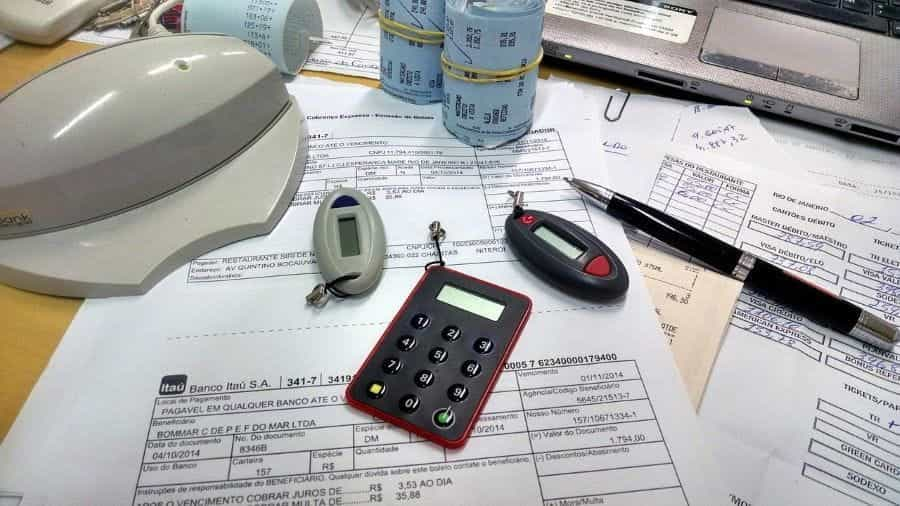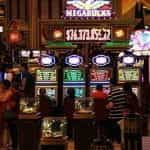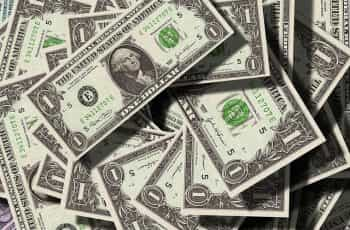Macau Casino Industry Reveals 2Q20 Financial Results
The complete and unprecedented halt of business for the Macau casino industry since late February 2020 is one of the biggest existential threats the prosperous city has faced since it established itself as the ‘Las Vegas of the East’. Macau’s second-quarter financial results reveal the extent of the financial damage and the cost of halting the consistent flow of wealthy customers from Hong Kong and the West.

The Macau gambling industry is facing an enormous $1bn in EBITDA losses this second quarter of 2020. In an effort to survive and ride-out the financial shock, operators are desperately cutting expenses and finding new means to sure-up the long-term liquidity. ©Gadini/Pixabay
There is no hiding from the fact that the COVID-19 induced economic shock resulting from the complete halt of normal business operations across the entire gambling industry has and continues to be catastrophic. Macau’s casino industry will account for EBITDA (earnings before interest, tax, depreciation, and amortization) losses of more than $1bn. This huge profit shock is being described by Morgan Stanley as the “worst quarter ever” for one of the world’s most prosperous gambling economies.
Detailed breakdowns of the contribution to the losses from each constituent of the Macau gaming sector are expected to follow in the coming months. For now, though speculation is swirling over the 2Q20 results, and who the biggest losers are, as we can safely say there have been no winners in these last 3 months. The two largest operators in the city Sands China and Melco Resorts & Entertainment are expected to report losses north of $200 million each.
However it is not overall drops in net incomes that investors in the sector will be most focused on, the biggest reveal in the latest round of financial statements will be operating expenses – more importantly, who was able to reduce their fixed costs to a sustainable level. Cutting expenses seems to be the key to short-time survival in these difficult times.
Earlier reports that Macau loses $3M a day are now seeming like gross underestimates of the true financial situation in the city.
Whilst the current earnings report paint a dire picture of the financial reality of the city’s gambling sector, share prices in Macau operators produced higher returns than the Hang Seng Index, revealing that the market believes the worst conditions are now in the past. As quarantine measures gradually relax there is expected to be a quick resurgence in the operating income of the city’s casinos.
The financial results from 2Q20 do little to reveal how long lockdown will continue for, or the extent of the resurgence in 2021 will be – but they do answer two vital questions. Importantly, which operators kept tight control over operating expenses, and who preserved enterprise value.
Of the largest six operators in Macau, there has been an average reduction in operating expenses of 15% reported Morgan & Stanley analysts, whilst there have been small revenue streams still active such as non-gaming services and shopping malls, the sector is expected to make over $1bn in EBITDA losses. Compared to EBITDA profits of $2.4bn for 2Q19, this represents an enormous swing in financial performance.
Macau Revenues Take 97% Plunge
The main authority for determining the economic policies of the gaming sector of Macau is the Gaming and Inspection Coordination Bureau (DICJ) and they have determined that revenues across the gambling sector will drop up to 97% year-on-year for June, due to a halt in VIP gaming and mass gaming products in the casinos.
This is the third consecutive month of a 90% threshold drop, and June 2020 is the highest drop in gross gaming revenue so far. The wider economy has been severely affected by the pandemic, with major income shocks being felt in the tourism, retail, and media sectors.
To make matters worse still, the Hong Kong government announced an extension of its policy that individuals returning from Macau will be quarantined for 14-days, this policy will now be in place until at least August 7th. Customers from Hong Kong are an important resource for Macau, and many of the city’s most prized customers travel from this region to enjoy unrestricted big-money gambling at Macau’s biggest and best casinos.
In terms of footfall, official statistics for May released by the Macau government showed that only 116,000 people entered the city throughout the month, representing a decline of 90% compared to the same period in 2019. Similarly, residency rates fell by 12.3% compared to last year, demonstrating the reduction in the long-term occupancy aspirations of some city dwellers.
The massive reduction in gamblers entering the city has been a major contributor to the increased market volatility, gaming is a probability-based business that relies on the law of large numbers for is economic sustainability. Becoming overly-reliant on a handful of VIP gamblers without the crowds of punters prevents the ‘balancing off’ effect in cash-flows, and can lead to huge risk exposure to a VIP having a lucky day.
With the Macau government now indicating that they will be making budget cuts of up to 10% in upcoming months entering into a period of austerity, they are bracing themselves for further job-losses across the casinos. The operators themselves whilst making huge losses this quarter still have immense cash-reserves from several years of huge profits, they will now be tapping into these capital finance options to sure-up liquidity, and ensure their long-term survival.



